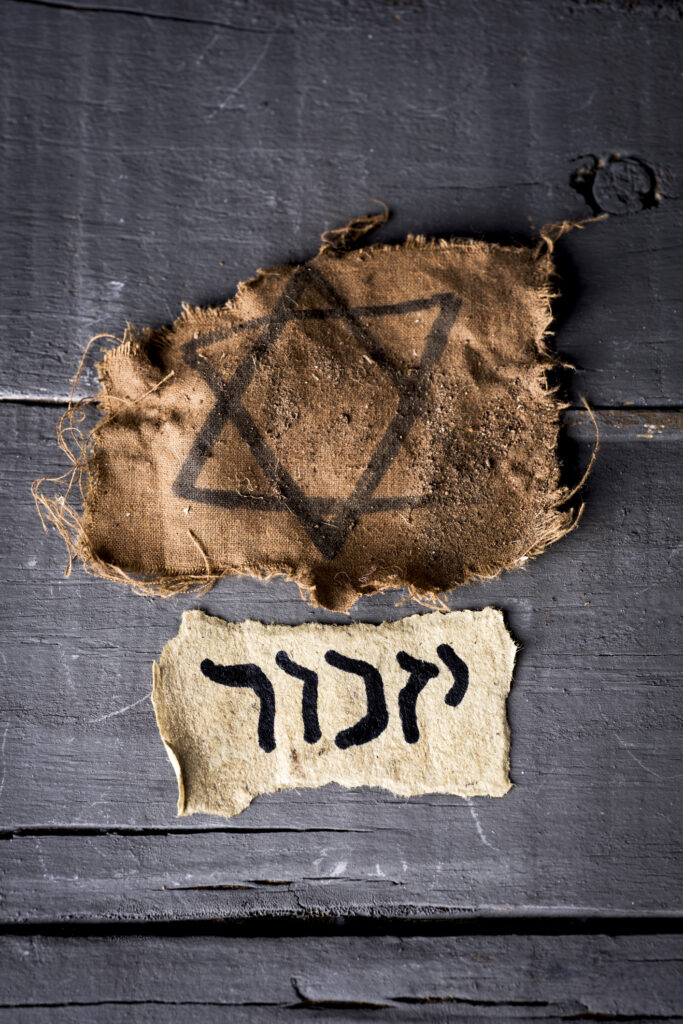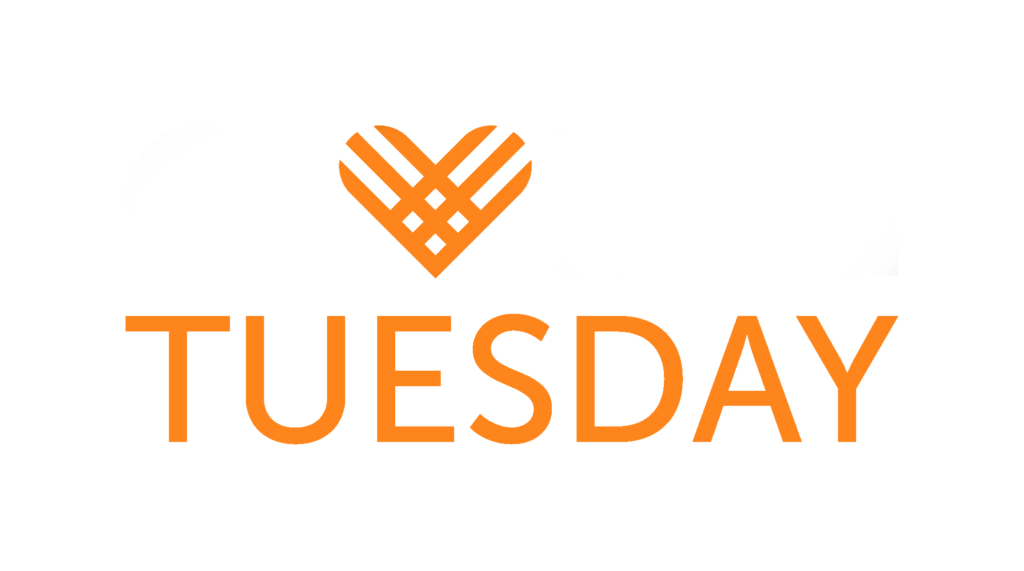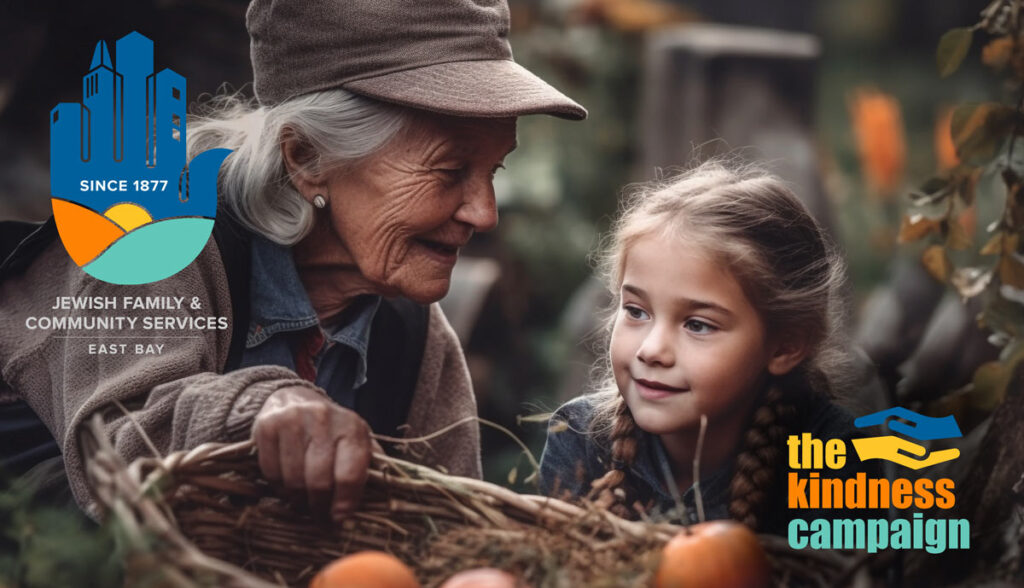A Precious Friend in a Hiding Place in Amsterdam
by Edith Heine
I was a young child, from the ages of two to seven, when I was forced to endure the German Nazi Occupation and persecution of the Jews. When the Nazis came to power in 1933 in Germany, my parents fled immediately over the border to Amsterdam, Holland. I was born there five years later in 1938.
In Germany, my parents had tried to warn the population openly of the upcoming dangers. My father was especially prominent. His pictures appeared on the front pages of the newspapers.
Their and their associates’ efforts to bring consciousness about the Nazis’ intentions fell often on deaf ears. Too many people did not believe the dangers that threatened them and the world. Such individuals called out, “These are only threats,” and “Barking dogs don’t bite. If we treat them with respect and care, they will treat us well.”
My parents’ activities were considered serious crimes by the Nazis. Being Jewish was, of course, another “crime” both eventually punishable by death. They were considered double criminals and so, when the Nazis occupied Holland in 1940, those two “crimes” had put them and me (as their child) at the top of their death lists. They applied for a visa to the United States, but they never received it. My parents and I were stuck in Holland.
It was extremely difficult for my parents to develop a strategy to survive, during the German occupation. Dutch friends of theirs, who worked with them in the Underground, helped them a lot. They knew of hiding places where people could be trusted.
The day came when the Gestapo was alerted to our presence in the house on the “Kerkstraat,” Church street. This street was close to the street where Anne Frank and her family were in hiding. On the front of this house, where I was born, was written “Anno 1600,” in the year 1600. The Huguenots, who had fled France in search for freedom, entered Holland in the 16th and 17th century. They had built this and other similar houses.
We lived under the constant pressure of being discovered, which meant certain death. Frequent round-ups occurred, mostly at night. “Aufmachen” (open the door), they shouted. Sounds of doors being kicked in, windows smashed, barking yelling and piercing screams surrounded us. Over and over, the Nazis startled us awake in the middle of the night.
They kicked in the heavy door of our house. My parents and I, a Jewish couple Mr. and Mrs. Van der Belt were standing in the entrance hall. The Gestapo tortured and killed Mrs. Van der Belt in front of our eyes. Then they threw the lifeless woman into a waiting green car, and barked to us: “Be ready—we will be right back and pick you all up”.
My parents and I left right away. After a walk through the cold air, we ended up in a dark, damp, musty cellar. There were no windows and no furniture. We only had a thin blanket on the stone floor where we slept a bit, sometimes. It was ice cold, the floor was hard and tough. I felt that I was a great inconvenience for the woman who owned the cellar. She treated me with hostility, while she was very kind to my parents. I was afraid that the cellar woman who didn’t like me would set me on the street and the Gestapo would find me. I realized that I now was a burden to my parents too. No one talked with me anymore. I felt very alone, sad, and isolated.
However, I managed to develop a close and secret friendship. He was precious and adorable.
My companions were the ever-present wild rats. I met the rats in a lower level deep in the ground underneath the cellar where we hid. I went down to this space underneath every day, happy to have some beings to play with. My Mother didn’t know what I was doing there. Since I was very quiet – which was the most important thing for her – she didn’t investigate.
One rat became my special friend; he was very big, his name was Ursula. We played together, surrounded by his family, the other rats. He became so tame that I finally patted and kissed him. He was my friend and he was wonderful.
One day I decided to introduce him to my Mother. I told her, “I have a friend with beautiful eyes. Come down and meet him.” I took her hand and led her down the rusty metal stairs, which squeaked at each step. I picked him up and showed my Mother how we kissed each other. Then I held him up to her face so she could kiss him too.
Her macabre yell, which even though suppressed, seemed to shake the heavy walls of the cellar deep there in the ground.
Her yell pierced my body.
And her wild gestures and threats!
“He will bite your neck if you kiss him!”
She put her hand under my chin and shrieked, “Here! He will bite you right here! And he will kill you!”
She went on to lecture me. “Ignore them! Don’t befriend them! They are all killers!”
And, if this were not all enough, she hissed at Ursula, chasing him away.
I was shocked — he hadn’t done anything wrong!
He wouldn’t harm anybody. She had completely misunderstood him.
Ursula must also have felt bad about my Mother’s acting out at him, because, from that day on, I never saw him again.
“Perhaps he doesn’t want me anymore, because of my Mother,” I assumed.
Sad and left alone with my feelings, I kept wishing that I hadn’t told her.
From that day on, I imagined rats jumping up and biting my neck. I became terrified of them. Where before they had been my playmates, now they threatened me.
Also, from that day, I would be terrified of my Mother. I couldn’t trust her anymore. She had destroyed a precious relationship, my only friend.
The loss broke my heart.









